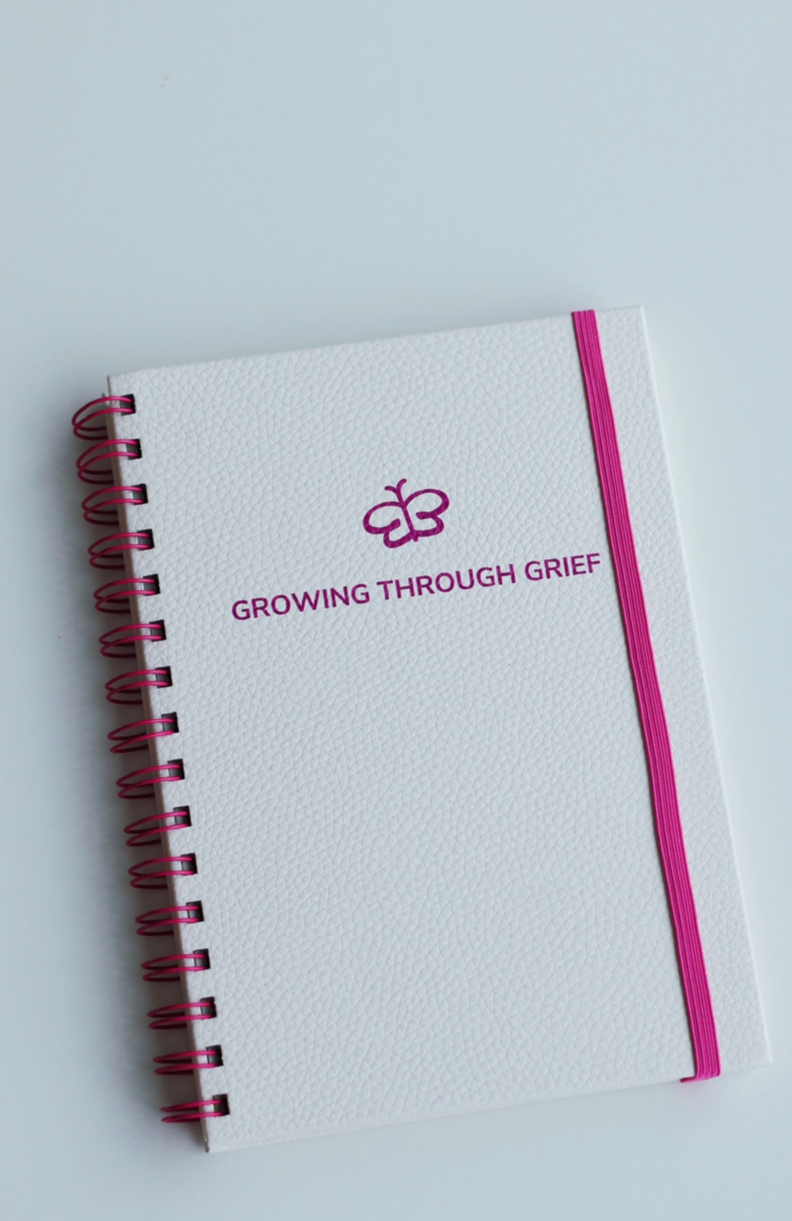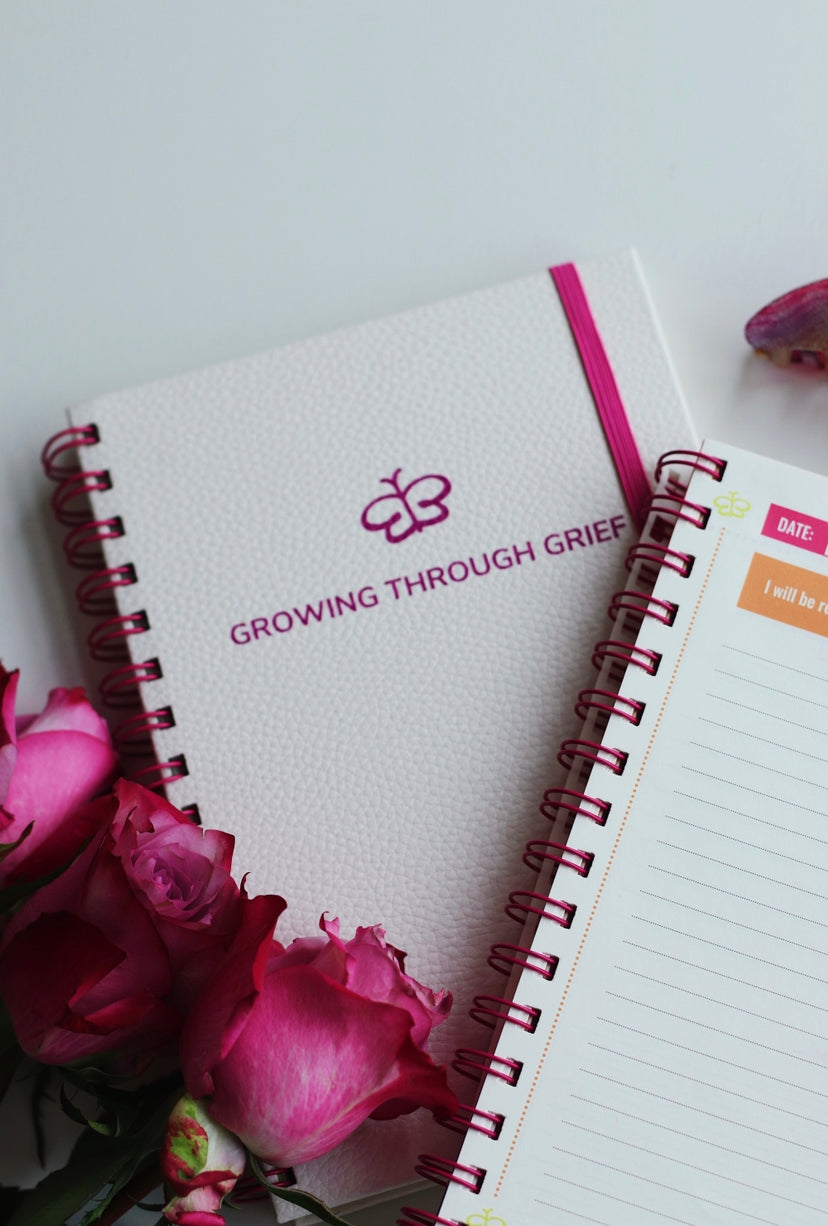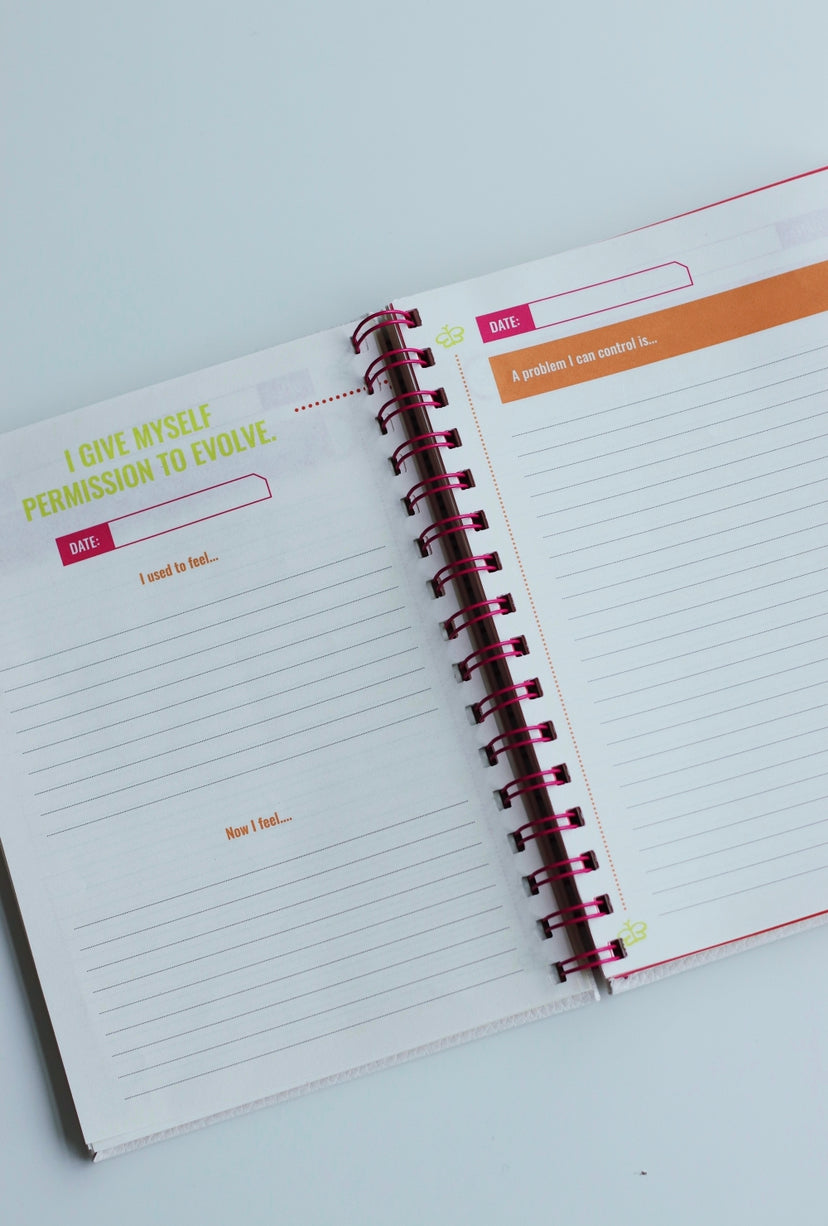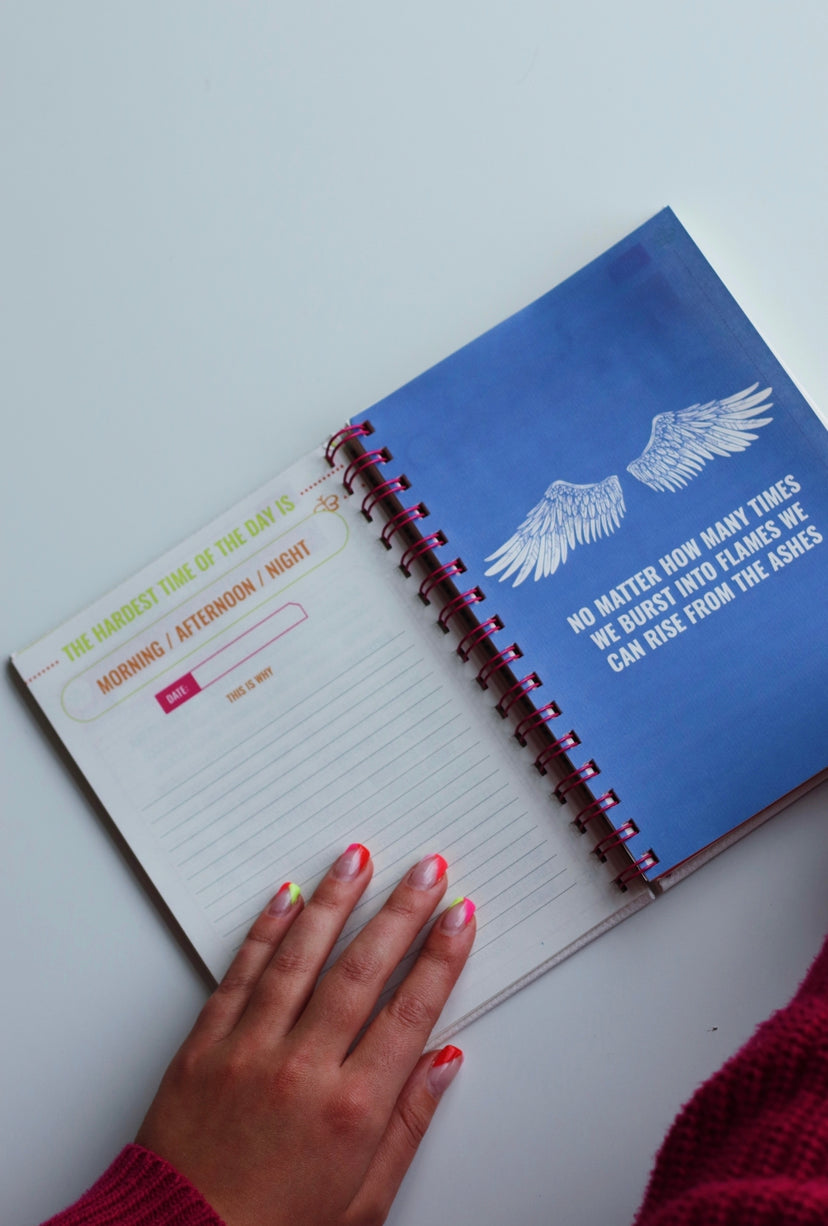Grieving the loss of someone you love is an emotional and difficult journey, but having an outlet to express your thoughts and feelings can be a powerful way to begin healing. A grief journal is a valuable tool that can provide peace and comfort in a time of great distress.
Understand What Grief Is—and How to Cope.
Grief is a natural reaction to loss, and it can take on different forms, depending on your personal experience. Understanding the stages of grief, such as denial, bargaining, anger, depression and acceptance can help you determine how to cope with your feelings in an effective manner. A grief journal can be a great way to work through each of these stages so that your feelings don’t become overwhelming.
Choose the Right Type of Journal for You.
Before you can start journaling about your grief, it’s important to choose the type of journal that is right for you. If you find it difficult to write your feelings and emotions, then a prompted journal may be best suited for you. Guided journals with questions, therapy worksheets and prompts are designed specifically to help those grieving express their feelings. Choosing the right grief journal is essential to help your healing be effective, helpful and meaningful.
Grab our Growing Through Grief Journal & while you're at it, new customers can save 10% off with THIS code.
Embrace Writing as a Gateway to Healing.
Writing can be a powerful tool to cope with grief and work through the various emotions you may experience. With your grief journal, don’t worry about writing grammatically correct sentences or putting your thoughts together in a specific format. The most important aspect of using a journal to record your feelings is to write whatever comes to mind. In doing so, don’t silence yourself from any emotion, even if it seems too dark or unpleasant at first. Allow yourself to discover what you are feeling while engaging with your deepest thoughts, memories and struggles during this difficult time.
Take it from one of our customers who put this advice into practice. She said:
"I used to write in my journal subconsciously thinking someone else was going to read it. It made me feel really detached and untrue to myself. Since journaling like this and putting all the LEFA Collective tips into practice I've fully released the hold that it had on me. You taught me that my journal is MINE AND NO ONE ELSE'S!!! I can write whatever I want unapologetically without feeling like it has to be a "pretty" story. Let's be honest, life isn't always pretty and finding peace in my journal has allowed me to explore all my emotions regardless of what others would think."
Find Creative Ways to Reframe Negative Thoughts and Feelings in Your Grief Journal.
Writing in your grief journal should not only be a space to express your sorrow or pain - it should also be one where you can find ways to work through some of the negative thoughts and feelings you have. Find creative methods - such as reframing negative thoughts into more productive ones, asking yourself questions, or writing a poem - to engage in more positive mental emotions as you explore your grief. Doing this can also help create an understanding between yourself and your lost loved one that cannot be paralleled in any other way.
We make this easy for your by providing thought provoking prompts, therapy worksheets, list prompts and affirmation pages in our prompted journal.
Spread Awareness: Invite Others to Join You in Writing!
Writing through grief can be a personal journey and choice, but you don’t have to go through it alone. You can invite friends or family members who are also grieving the same person (or situation) to join you in writing. Grief journaling can create a strong sense of community if done collectively, providing an extra source of support during this difficult time. You will not only benefit from having someone else as a witness to your emotions, but you might even learn something new about both yourself and your loved one.
Grab our journal bundle for you & your loved ones HERE!



















